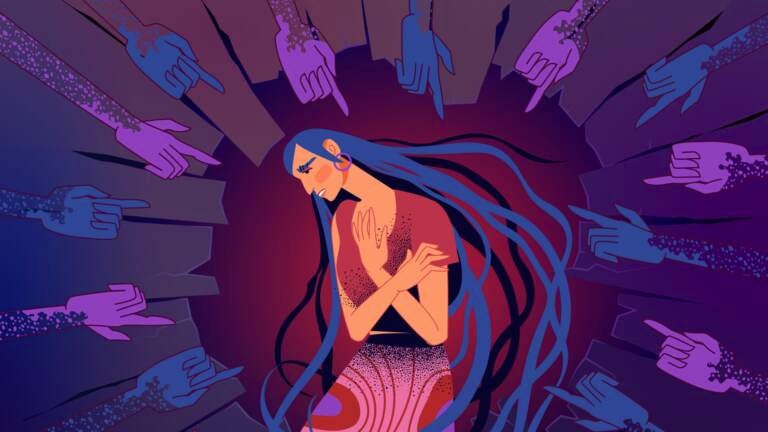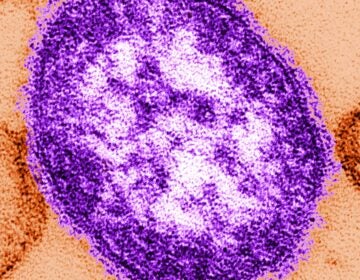Shame and Blame: How Stigma Impacts Health
We explore stigmatized health conditions — how they earn their reputations, affect the lives of patients, and complicate efforts to treat them.
Listen 49:28
Dealing with a serious or chronic health condition is hard enough — but what happens when that condition comes with moral judgment? That’s the case for millions of people around the world. From obesity to lung cancer, sexually transmitted diseases to mental illness, stigmatized conditions are shrouded in shame and blame that can not only hinder treatment — but ruin lives.
On this episode, we explore stigmatized health conditions — how they earn their reputations, affect the lives of patients, and complicate efforts to treat them. We hear about the flawed effort to track down the origin of the HIV epidemic in the U.S. that inadvertently introduced a new term into our language. We explore what researchers say is behind the “blame and shame” game in public health, and we find out why a man diagnosed with antisocial personality disorder says his condition isn’t always as scary as people think.
Also heard on this week’s episode:
- Harvard obesity researcher and physician Fatima Cody Stanford talks about her campaign to change the way doctors interact — and sometimes judge — patients based on their weight.
- Biocultural/medical anthropologist Alex Brewis discusses her research on stigmatized health conditions — why we judge certain illnesses, what that stigma does to patients, and how it hinders global public health efforts. Brewis has co-authored a book called “Lazy, Crazy, and Disgusting: Stigma and the Undoing of Global Health.”
- If there’s one condition that seems to deserve its bad reputation, it’s psychopathy — the turbocharged version of a personality disorder that’s associated with violent crime, manipulation, and a chilling lack of remorse. But are psychopaths really as different as we think? Reporter Liz Tung talks with “Paul,” who has been diagnosed with antisocial personality disorder, about his rocky life journey.
Segments from this episode
WHYY is your source for fact-based, in-depth journalism and information. As a nonprofit organization, we rely on financial support from readers like you. Please give today.






